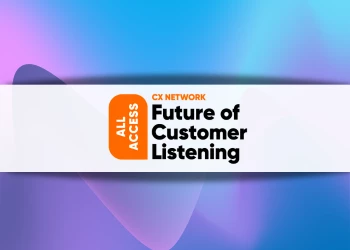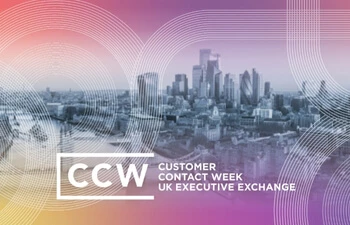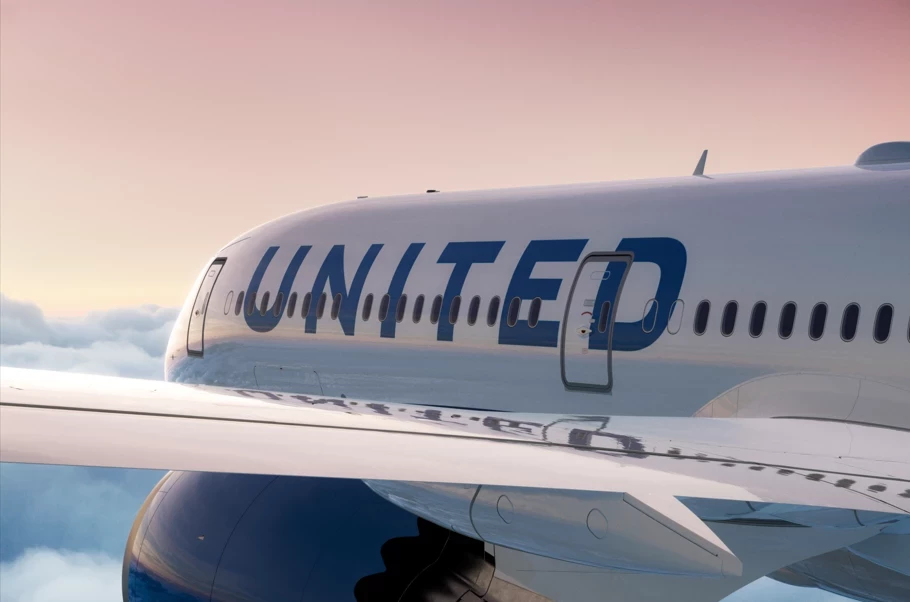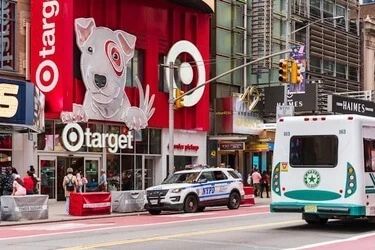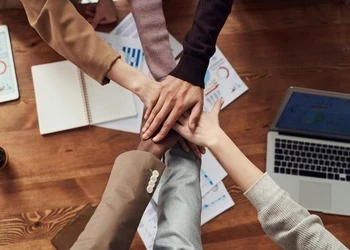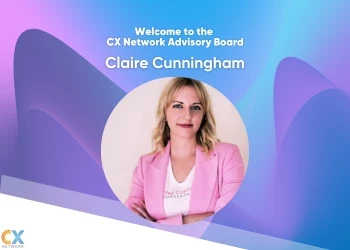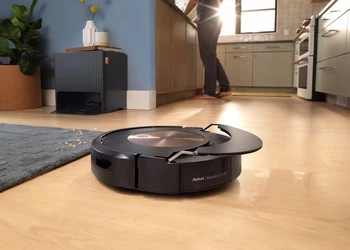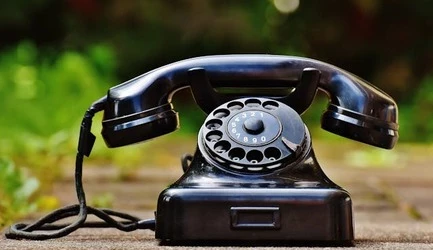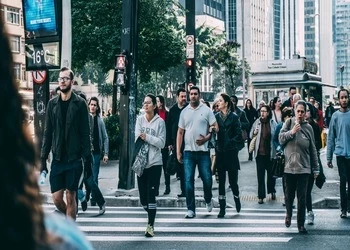How Virgin Galactic creates an experience that is out of this world
Add bookmarkThe GM Astronaut Experience and Hospitality for the world’s first commercial space line reveals how how he aims to deliver a great CX not just in space but on the ground as well
Martijn Brouwer is the GM Astronaut Experience and Hospitality for Virgin Galactic. After graduating, Brouwer decided to explore the world by travelling abroad and he has since lived and worked in some of the most idyllic places imaginable, delivering, world-class and distinct customer service.
His 20-year career includes leading roles on exclusive private islands, such as Richard Branson’s Necker Island in the BVIs and the award winning North Island in the Seychelles. More recently he opened Vana Retreats, a 90-bedroom, 42-treatment room wellness retreat in the foothills of the Himalayas, and a private member health and wellness club in the prestigious South Kensington area of London.
SEE ALSO: This is How Virgin Atlantic Surprises and Delights Its Customers
Brouwer is currently responsible for the astronaut experience and hospitality for Virgin Galactic, the world’s first commercial space line. His commitment to unique, distinct and tailor-made experiences is recognised by Branson and led to his appointment. He is responsible for building and developing the end-to-end customer experience in New Mexico, including the fit-out of Spaceport America.
Once operational, Brouwer’s aim is to ensure customers have as amazing a time on the ground as in space, no small challenge! In this interview with CX Network he discusses the unique challenge of working for the world’s first commercial space line and how he aims to deliver a great customer experience not just in space but on the ground as well.
Hi Martijn, thanks for joining me today at CX Network. You provide a very unique experience at Virgin Galactic, but what does your role actually entail and how do you provide a customer experience in space?
That’s the thing that I ask myself as well! My official title is General Manager, Astronaut Experience and Hospitality. Hospitality’s clear: it’s hospitality not necessarily during the actual spaceflight but at Spaceport America, which is where we will be flying our missions from. It’s like a regular airport but for spaceflights.
There’s a hospitality piece there for our future astronauts, their friends and their family that will come along with them to experience the spaceflight, the team that works there and the people that visit just to come and see the place.
The company thought that I would be the right person to inject some of that Virgin experience into this company to make it a Virgin customer experience.
The customer experience side has to do with our future astronauts – we call them future astronauts, because you can only call yourself an astronaut if you have travelled above 100 km. Our future astronauts will go through a process that starts from buying a ticket, being ready for their flight, their actual arrival in New Mexico where we will do our flights from, a four-day preparation programme including a flight, and then obviously what’s happening after your flight; what are you going to do with what you’ve learned during your flight? That process is a customer experience process.
I have developed that journey together with our actual trainer and our astronaut relations team that manage our future astronaut community. And together we wanted to create a customer experience that is brand-worthy. After all, we are a Virgin company, and Virgin – especially in the UK – has a very strong brand promise and a fun customer service personality.
Because building a spaceship and operating a space line is very technical, there needs to be a marriage of the two. And because of my history, the company thought that I would be the right person to inject some of that Virgin experience into this company to make it a Virgin customer experience.
The programme hasn’t launched just yet but is there anything you can already share about the different customer experience elements that you’re funnelling into this, or the ‘fun’ aspects?
Currently, there’s a lot of focus on the retention of our future astronaut community. We have about 600-plus people signed up that have bought a ticket, and they’re precious to us. The community is what inspires us to do this on a day-to-day basis.
There is a team of about 700 people currently working, constructing and testing the spaceship and looking after this community, and they go to work to make sure that these future astronauts that have been brave enough to buy tickets can go to space. Part of the customer experience currently is keeping that community engaged.
We organise events together with the astronaut relations team that bring the community together for networking purposes and introduces them to the company and employees of our company. What we’d like to do is to create a very sharing culture. We want to be a transparent, open company, we want our team members to enjoy working for the customers and we want the customers to understand what we do to make sure that they are fully aware of what’s going to happen and what place they’re in.
Part of the reason we want to go and bring people to space is to get them to change their perception of the world and to see.
We do small things in New Mexico whereby we introduce our customers to Spaceport America where their actual flight experience will happen, and we talk to them a lot about the preparation process and about the flight; the actual flight profile that they will go through. There’s a lot of personal interaction with our future astronauts and that is a big part of that experience.
It’s a longer journey than most customer experience journeys might be because there’s so much preparation involved from the tech side as well.
There is, and it’s very much focussed on making that journey as easy and smooth and personal as possible. There’s very little drive to have a return customer. It’s not about making people come back here.
Of course it would be fantastic if people would book again but it’s not something we would actively do. What we will offer is an opportunity to connect with children, students after your flight to use your flight experience to do good for the world.
Part of the reason we want to go and bring people to space is to get them to change their perception of the world and to see. And a lot of people are willing to help students, kids, the STEM education and providing scholarships to take people through this.
That’s amazing! How does that work?
We have a not-for-profit organisation called Galactic Unite, which is a derivative of Virgin Unite, the charity organisation driven by Virgin, and they are actively engaging with future astronauts already.
There are people that are already funding students to go through their education and they will also be involved during the preparation process to talk to them and mentally prepare them for the flight and try to figure out what they can do afterwards. The Galactic Unite company might bring them to events, invite them to meet with other future astronauts or they might ask them to readings or presentations at a college or university.
On the opposite end of the scale of creating a dazzling customer experience, what are some of the unique challenges that you’re facing in such a new industry?
A big challenge is that it’s new, that it doesn’t exist yet. What are you going to benchmark it against? For us it’s been quite difficult to do and we’ve basically said that we can’t benchmark it against anything. We want it to be new and we want it to be different where possible. We’ve really just gone and started from scratch and haven’t looked at anything.
Obviously there is a core of this programme that is around preparation and training that needs to happen to be able to allow future astronauts to go to space and have the best experience ever. That for us means that they’re completely free of any worry; they can focus on their own flight plan and experience it intensely, just as they had expected it.
We want it [the flight] to be a very personal and smooth experience; an experience that you can then share with loved ones.
We’re trying to make it as smooth as possible. It’s developed around the preparation programme and we want future astronauts to be able to partly drive this so they can share this with people close to them. We want their kids to come along, we want their grandparents to come along, we want partner to come along; not on the flight but during the preparation programme.
They can talk to rocket scientists and pilots and can see what future astronauts are doing to get ready for the flight. They can seem them fully dressed up in the flight suit, wave while they’re walking to the spaceship, and they can embrace them when they come back from the spaceflight.
We want it to be a very personal and smooth experience; an experience that you can then share with loved ones. Those have been the key drivers for us to develop a programme around.
It sounds like an experience that doesn’t really end ever because of the things that you’re doing afterwards.
They become an alumnus, which means that they’re a part of a special club. Currently there have been, off the top of my head, 559 people that have been to space ever – and we have sold 640-650 tickets.
And what it’s the timeline for them going into space?
It depends on when you bought your ticket. First in line fly first, and then it’ll take a little while. We’re working on our second and third spaceship currently. As time goes by, flight frequencies will go up. And then we’re looking to expand to different spaceports around the world, but that’s all in the future.
It’s that personal touch onto their technical experience. If we can accomplish that, then I’ll be very happy.
That’s very cool, though!
Finally, what do you want to be the key memory that your future astronauts take away from their experience with Virgin Galactic?
That’s a good question. The key memory for me would be the relationship between doing something amazing like spaceflight – which is very technical and intense – and having a human face, they remember the people they interacted with during their preparation.
Their flight is obviously going to be such an intense moment, they’ll never forget that, but it’d be nice if the pilot they flew with they remember, they might keep a relationship with us, keep coming back to share their stories with others. It’s that personal touch onto their technical experience. If we can accomplish that, then I’ll be very happy.


